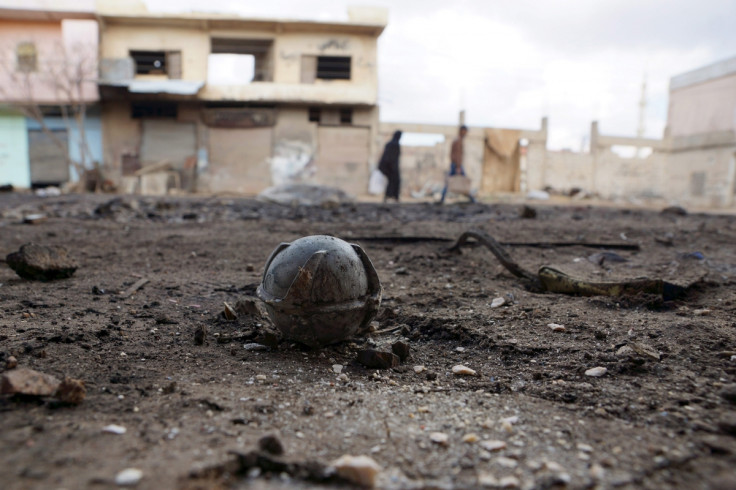US, France condemn Russia's indiscriminate bombing of civilians in Syria

Russia's indiscriminate bombing in support of Bashar al-Assad in Syria came under fire from the US and France, which area also leading a separate air campaign in the war torn country on 13 February. US Secretary of State John Kerry and France's Prime Minister Manuel Valls used a high-profile conference in Germany as a platform to accuse Moscow of killing civilians and torpedoing peace talks by targeting moderate rebel groups.
"To date, the vast majority, in our opinion, of Russia's attacks have been against legitimate opposition groups and to adhere to the agreement it made, we think it is critical that Russia's targeting change," Kerry said. "If people who want to be part of the conversation are being bombed, we're not going to have much of a process."
Earlier Valls said France respected Russia and its interests in the region but "we know that to find the path to peace again, the Russian bombing of civilians has to stop". In January, the Syrian Observatory for Human Rights said it documented more than 1,000 civilian fatalities caused by Russian warplanes, including 238 minors and 137 women.
The allegations were denied by Russian Prime Minister Dmitry Medvedev, who was also in Bavaria for the Munich Security Conference. "There is no evidence of our bombarding civilians even though everyone is accusing us; that is just not true," he said.
Government forces have been gaining ground in the Aleppo area in recent days thanks to heavy shelling by Russian fighter jets. Russian foreign minister Sergey Lavrov claimed it was wrong to demonise Assad as also other parties to the conflict were guilty of breaching humanitarian law.
"My point is you should not demonize Assad. You shouldn't demonize anyone except terrorism in Syria," he told the same Munich conference. "Everyone on the ground is doing something which is wrong from the point of view of humanitarian law."
© Copyright IBTimes 2025. All rights reserved.






















